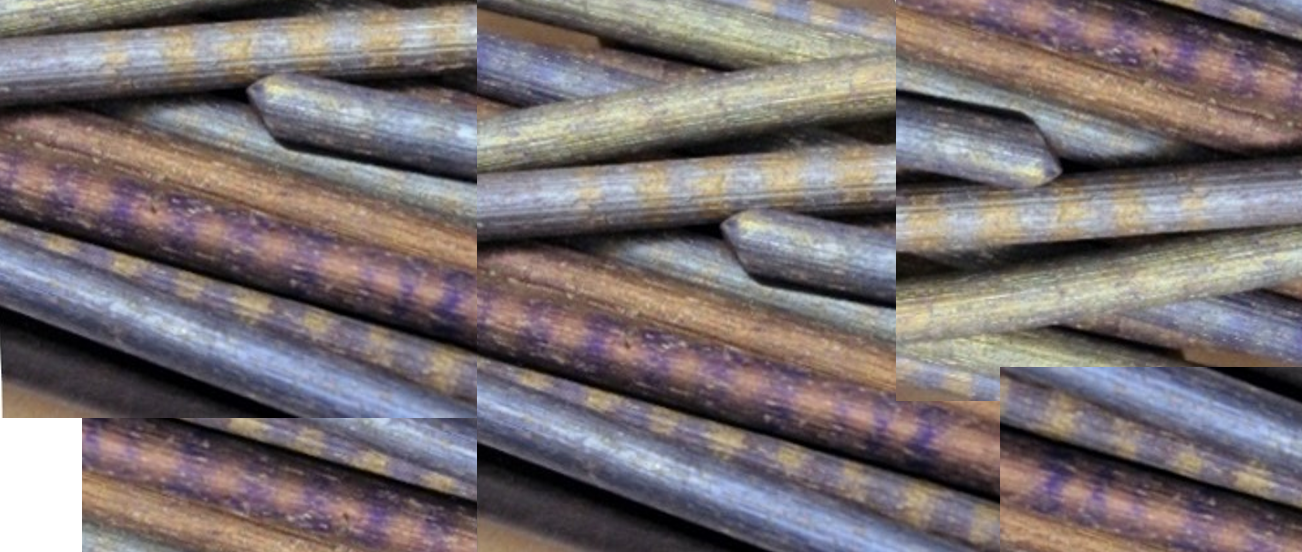Looking for the newest CMI information? Check the CMI home page.
The Critical Materials Innovation Hub operated as the Critical Materials Institute from when it launched in 2013 with its first operational phase of five years (2013-2018), through its second operational phase of five years (2018-2023). CMI focuses on technologies that make better use of materials and eliminate the need for materials that are subject to supply disruptions.
These critical materials are essential for American competitiveness in clean energy. Many materials deemed critical by the U.S. Department of Energy are used in modern clean energy technologies, including wind turbines, solar panels, electric vehicles, and energy-efficient lighting. The Department’s 2011 Critical Materials Strategy reported that supply challenges for five rare earth metals may affect clean energy technology deployment in the coming years.
During its first five years, CMI focused on "critical" rare earths and "near-critical" materials dysprosium, terbium, europium, neodymium and yttrium, as well as lithium and tellurium. Ames National Laboratory, formerly known as Ames Laboratory, leads the CMI Team, which included partners from other three national laboratories, universities and industry.
CMI also conducts work in education, outreach and workforce development. During CMI Phase I: 2013-2018, this included developing a list of academic courses offered by the educational partners at the time (course inventory), and a museum exhibit. Brief bios of early career researchers during Phase I are available. Yearly summaries of education and outreach activities are available: 2018, 2017, 2016, 2015, 2014, 2013
CMI began publishing annual reports during the first five years: 2016, 2017, 2018 (link to newest: HERE)

Project priorities are guided by techno-economic analysis.
”Alex KingFounding CMI Director
See the newest CMI statistics on the current homepage for the Critical Materials Innovation Hub HERE
See this video and the newest videos from CMI and its partners on YouTube HERE

